Two different satellites capture one of the biggest volcanic eruptions ever seen from space
Two different satellites capture one of the biggest volcanic eruptions ever seen from space
A satellite or artificial satellite[a] is an object in space, typically a spacecraft, placed into orbit around a celestial body. Satellites have a variety of uses, including communication relay, weather forecasting, navigation (GPS), broadcasting, scientific research, and Earth observation. Additional military uses are reconnaissance, early warning, signals intelligence and, potentially, weapon delivery. Other satellites include the final rocket stages that place satellites in orbit and formerly useful satellites that later become defunct.
Except for passive satellites, most satellites have an electricity generation system for equipment on board, such as solar panels or radioisotope thermoelectric generators (RTGs). Most satellites also have a method of communication to ground stations, called transponders. Many satellites use a standardized bus to save cost and work, the most popular of which are small CubeSats. Similar satellites can work together as groups, forming constellations.
Volcanic eruptions
A volcano is an opening in the earth’s surface that allows magma (hot liquid and semi-liquid rock), volcanic ash and gases to escape. They are generally found where tectonic plates come together or separate, but they can also occur in the middle of plates due to volcanic hotspots. A volcanic eruption is when gas and/or lava are released from a volcano—sometimes explosively. Volcanoes provide a number of environmental benefits, for example: fertile soils, hydrothermal energy, and precious minerals. But they also pose several hazards: volcanic ash, gases, lahars (mud flows), landslides, lava flows, and pyroclastic flows (fast-moving currents of hot gas). Volcanic eruptions can be deadly and often cause population displacement and food shortages.
https://www.ifrc.org/our-work/disasters-climate-and-crises/what-disaster/volcanic-eruptions
-
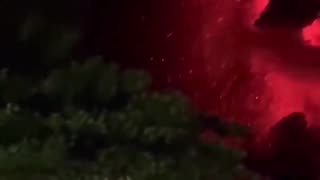 0:27
0:27
Earth Wind and Fire
1 month agoA major volcanic eruption is taking place in Northern Sulawesi in Indonesia
2021 -
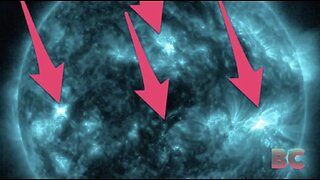 1:19
1:19
B.C. Begley
1 month agoNASA video shows the sun just blasted out 4 eruptions at the same time
82 -
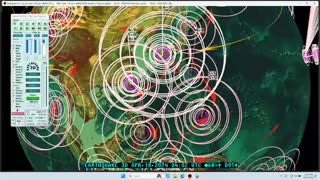 41:45
41:45
Christopher's Anti-Dumbass on this Timeline
1 month ago041724 dutchsinse -Largest Volcanic blast of the year for the planet (Indonesia) - Live Earthquake
1813 -
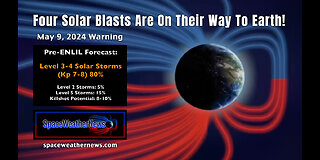 3:26
3:26
Sunfellow On COVID-19
22 days agoFour Solar Blasts Are On Their Way To Earth! (Space Weather News, 05/09/24)
9.43K5 -
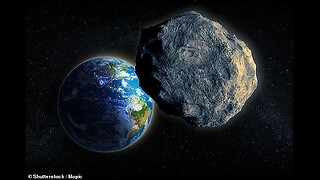 2:23
2:23
Studio64Productions
21 days agoClose Encounter: Great Pyramid-Sized Asteroid Passes Earth Today
39 -
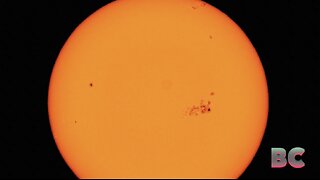 1:14
1:14
B.C. Begley
21 days agoBehemoth sunspot AR3664 unleashes its biggest solar flare yet, sparking radio blackouts on Earth
223 -
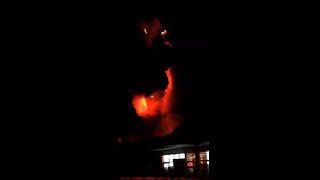 0:25
0:25
VirtueNews
1 month agoVIDEO: Indonesia raises alert to maximum as volcano erupts #indonesia
22 -
 1:14
1:14
ALLSORTS
23 days agoThe Tunguska Event: Cosmic Catastrophe
1 -
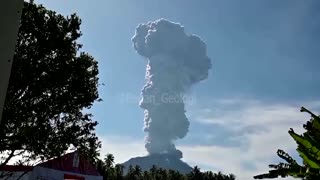 0:24
0:24
Reuters
19 days agoIndonesia's Mount Ibu erupts, spewing ash clouds
8382 -
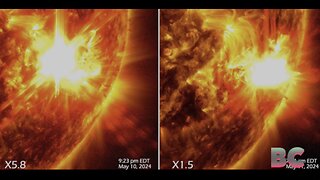 1:48
1:48
B.C. Begley
18 days agoMore geomagnetic storms remain likely as sun continues to erupt X-class flares
64